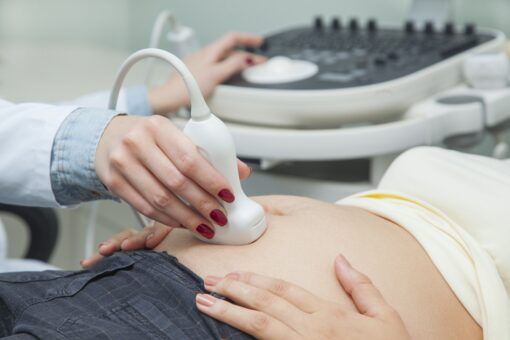
Surrogacy is legal in the UK but there is continued debate about its ethical implications in the context of a fast-growing fertility industry, globalisation, and social change. Those involved in surrogacy in the UK face legal, practical, and emotional challenges.
Evidence reviewed in a new Nuffield Council on Bioethics (NCOB) policy briefing indicates that these challenges are leading some to seek surrogacy abroad. More than half the people from the UK who seek surrogacy arrangements do this outside the UK. This can result in additional complications arising due to logistical difficulties and differences in regulatory approaches to surrogacy between countries.
In spring 2023, the Law Commission of England and Wales and the Scottish Law Commission are expected to put forward proposals for new surrogacy law. This follows a wide-ranging review focusing on how surrogacy arrangements should be regulated.
Ahead of these proposals, the Nuffield Council on Bioethics is pleased to publish a policy briefing to support informed debate in this area – outlining the major ethical and legal issues arising from surrogacy arrangements.
The briefing concludes that there is a need to update the law around surrogacy, to help to ensure that everyone involved – surrogates, children and intended parents – are better protected and supported.
The NCOB identifies three areas of law that particularly need addressing:
- The process by which legal parenthood is transferred from the surrogate (and the surrogate’s partner, if they have one) to the intended parent(s), and the potential stress and uncertainty this can cause for all parties.
- The question of whether and what level of compensation or payment should be permitted for surrogacy, and the need to balance the practical challenges associated with enforcing any restrictions with the need to safeguard all parties against exploitation or coercion, as well as considering the impact on wider public values.
- The international context, such as practical and ethical difficulties arising from variation in regulatory approaches to surrogacy, meaning that surrogates and intended parents don’t always have the same level of safeguarding as they do in the UK.
In considering changes to surrogacy law and practice in the UK, it will be important to take into account the emerging evidence, experiences and views of UK surrogates, and of families created through surrogacy in the UK. We also need to be aware of the limitations of this evidence and voices that might currently be missing, such as: international surrogates and those involved in informal surrogacy.
Read the policy briefing: Surrogacy law in the UK: ethical considerations
Related links:
- The Law Commission: Surrogacy https://www.lawcom.gov.uk/project/surrogacy/
- Department of Health and Social Care (2021) Care in surrogacy: guidance for the care of surrogates and intended parents in surrogate births in England and Wales
- HFEA (2021) Fertility treatment 2019: trends and figures
- On changing family forms, see: Children’s Commissioner (2022) Family and its protective effect – Part 1 of the independent family review